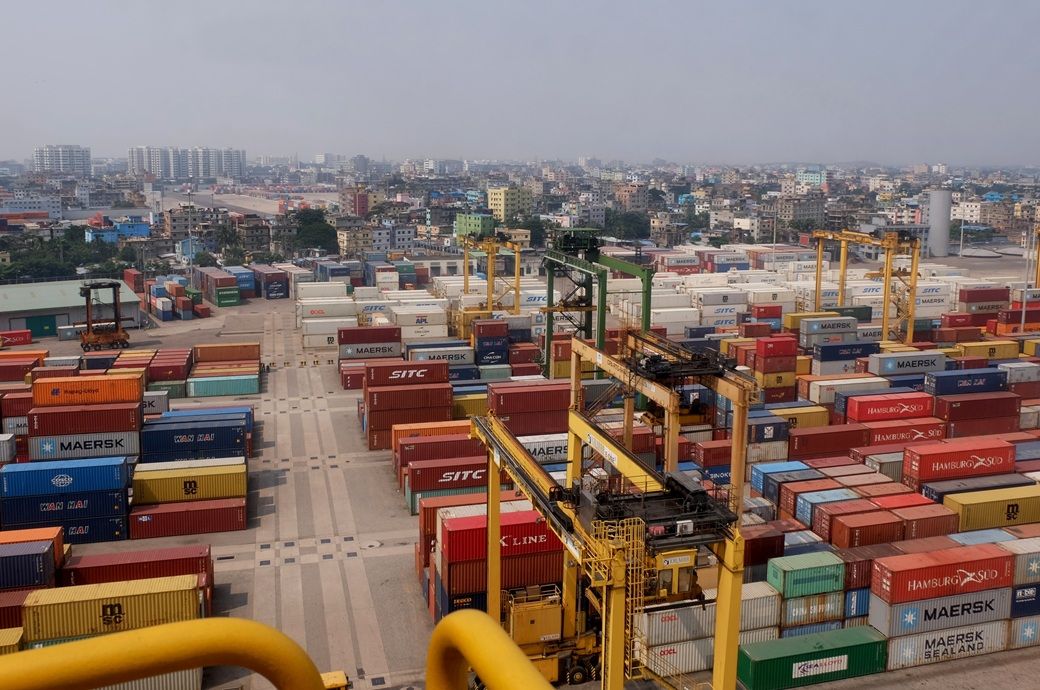
The association urged the interim government to reconsider the policy decisions.
The Bangladesh Labour (Amendment) Ordinance 2025, the rise in Chattogram Port tariffs and the timeline for graduation from the LDC status together pose serious challenges for the balance, investment and competitiveness of the RMG industry, according to trade body BGMEA.
The association urged the interim government to reconsider the policy decisions and ensure a business-friendly environment.
After extensive discussions at the Tripartite Consultation Council (TCC) and its working committee, a balanced proposal was arrived at regarding trade union formation, allowing a union to be formed in factories employing 50 to 500 workers with the consent of at least 50 workers. However, the advisory council later changed the provision without consultation, setting the range at 20-300 workers.
“If a union can be formed with just 20 workers, outsiders may also become involved, leading to internal conflict, instability and disruption in production,” BGMEA president Mahmud Hasan Khan was quoted as saying by domestic media outlets.
He said India requires the consent of at least 10 per cent of workers or a minimum of 100 workers to form a union, while Pakistan requires 20 per cent. Compared to these standards, Bangladesh’s proposed framework will be the weakest and most unstable in South Asia, he lamented.
The TCC had earlier decided that a company could choose either the Future Fund or Progoti scheme for pension. But under the new proposal, workers can participate in both schemes simultaneously, forcing employers to maintain two separate financial mechanisms.
This will create administrative complications, increase expenses and lead to disorder in fund management, he alleged.
The inclusion of ‘officers and employees’ in the definition of ‘worker’ as another major risk, he pointed out, blurring the line between management and workers and creating confusion in responsibility and decision-making, he said.
While rivals have already adopted investment-friendly reforms in technology, infrastructure and labour laws, such irrational laws implemented in Bangladesh will lead to a decline in foreign investment, a fall in exports and a rise in instability across industries, he cautioned.
Though the Ministry of Shipping claims port tariffs have not been raised in 40 years, as Chattogram Port collects its fees in US dollars, entrepreneurs are already paying 308 per cent more in local currency due to depreciation of taka, he said.
He urged the government to ensure a business-friendly environment, resolve the gas crisis, simplify customs and National Board of Revenue processes, improve infrastructure and logistics, and make low-cost financing available.
Fibre2Fashion News Desk (DS)






